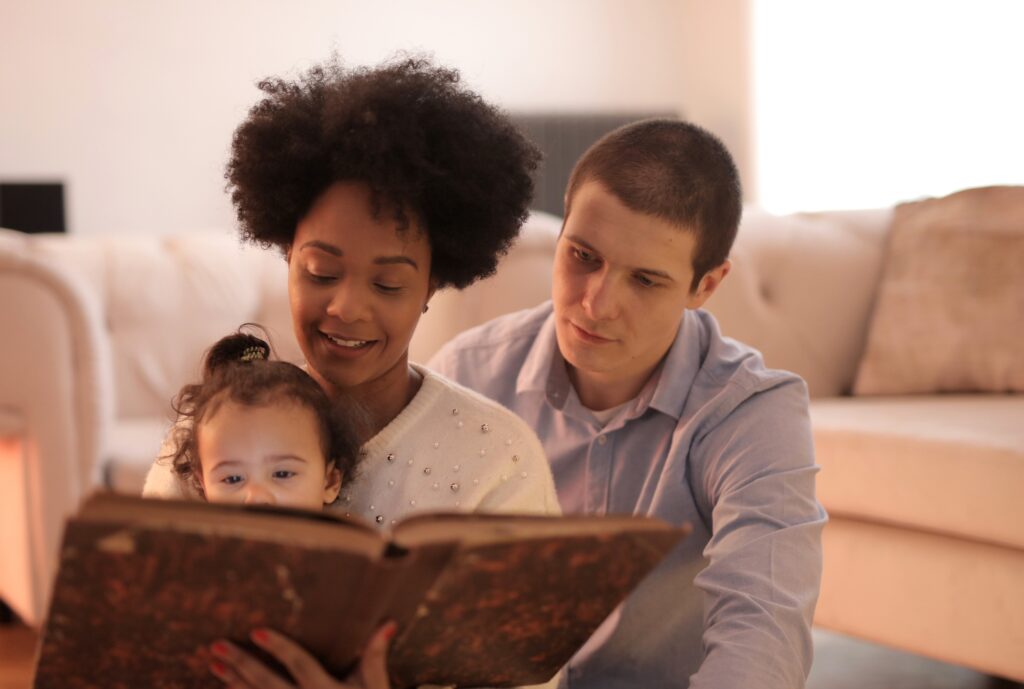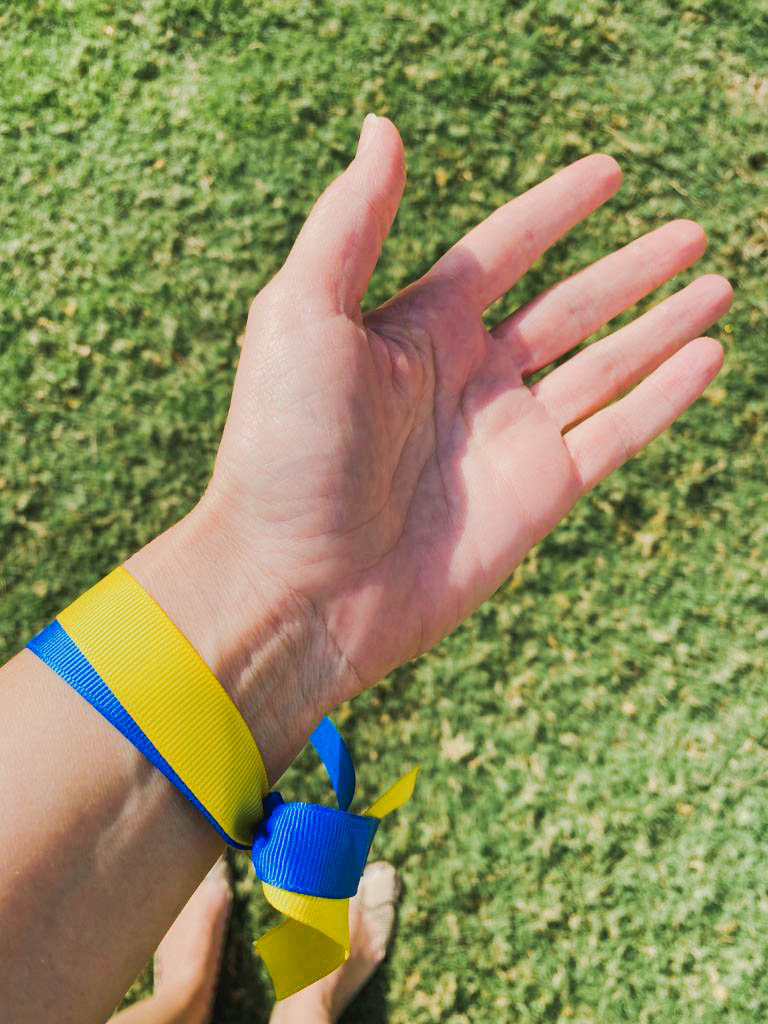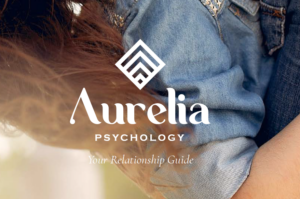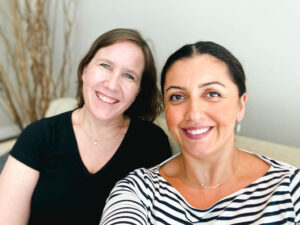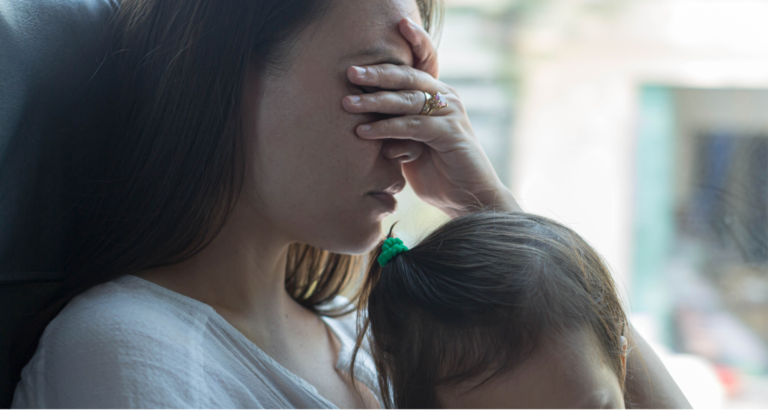My children are quite young and we haven’t discussed how humans make babies yet. But of course the discussion will come soon. And, I want my children to know much more about sex than what they learn in a biology class. Most importantly much of what they will learn about sex is actually implicit. So here are the three topics that I want my children to understand when it comes to sex.
1. Consent
Children learn about consent from an early age even before they are verbal.
Parents can model consent by being in touch with their children’s emotions and respecting when their children don’t want to do something that doesn’t feel right.
Think about when a child is shy and doesn’t want to hug a family member when they greet them. Sometimes parents nudge the child forward. Others might say to the child that they are being rude. Some might even physically pick up the child and force a cuddle or hug. In these situations parents are inadvertently crossing a boundary regarding consent.
In a way the child has already said no with their body language meaning they don’t consent to the hug. Many adults especially in middle eastern cultures, force their children to disregard their wishes. The consequence is that the child is then doing something even though their body has already said no.
Children take these learnings from an early age and apply them in many other contexts unconsciously. Children must learn that when they say “no” it really means no. No is not an invitation for more pressure.
2. Safety
As soon as anyone is sexually active, they should know how they can have safe sex. A comprehensive sex education class should help sexually active individuals understand how they can protect their bodies. And of course, basic medical care and support with compassion must be available at a bare minimum.
Learning about safety for our bodies starts much earlier though! The experience of safety or lack thereof happens on a daily basis in a young child’s life. Parents teach children basic safety, for example when they refrain from angrily cussing and tailgating another car at 140 km/hr. Again, this is unfortunately a very a common problem we encounter in our roads where I live in the Middle East.
The experience of safety is not just physical, it is also emotional. For example, children who witness parents shouting and breaking things don’t feel safe in their own home. Worse, physical punishment such as spanking (unfortunately still a common practice in many parts of the world), teaches children that they cannot feel safe in their own bodies.
Creating a safe environment for children helps them distinguish between what is safe and what is not safe. Children who are chronically feeling on edge because of stress at home, will experience difficulty asking for safety outside of home.
These vulnerable children may falsely attribute someone that is kind to them as a sign of safety. In turn, they may become at risk of becoming a victim of abuse both at home and outside.
Children must never feel like an inconvenience when they are in need of security and safety. A little while back my 3 year old went through a phase of being terrified of parking garages. This happened after an incident involving a driver who was driving too fast and startled her at a mall parking.
We didn’t minimize how she felt for the weeks after the incident. If she asked us to carry her we would comply. A part of me would want to tell her not be “silly.” Instead, we talked about the story and how she felt. This helped validate her need for safety.
We would ask her what we could do to make her feel safer. Some days she would start off feeling ok and then change her mind and ask us to carry her. When this would happen we would reinforce the feeling that she has permission to change her mind, always. We would consistently provide her with the feeling of safety she needed which in turn helped her overcome her fears.
Adults may have all the knowledge of safe sex practices. However, we learn at a very young whether actually asking for what we need to be safe is ok or not.
3. Pleasure
Ideally adults should know that sex is about pleasure. Sex should never feel bad, shameful, painful, scary, or anxiety-provoking. Sex is ideally playful, fun, and at the very least pleasurable.
But we learn about pleasure in our bodies in many other forms from a young age. A gentle warm bath, a delicious snack, a soothing touch, a calming breeze against our skin, a fun activity. Pain and pleasure are the very basics of our built-in survival mechanism. But over-time children may learn to ignore their pains and pleasures.
Parents can help their children name what feels good and name what doesn’t feel so good. Children can express what makes their bodies happy and what sensations are enjoyable. They learn to respect what works for their bodies and what doesn’t. They learn to say no to what doesn’t feel good and parents can help reinforce this.
For example, parents can respect when a child doesn’t like the texture or taste of certain foods. They can ask the child “What do you not like about it?” And vice versa, when something is pleasurable parents can ask children to elaborate. This can help children develop a sense of mastery of their own body and trusting themselves. Most importantly it can teach children never to disregard when something feels painful and unpleasant.
Start early
Although the sex talk may or may not be on the table yet, we can teach children about a healthy relationship with their desires and their bodies from a very young age. By practicing asking for consent regularly and respecting their ways of saying no, we teach them that everyone should respect when no means no and when yes means yes.
When we create a safe and secure environment for children to feel safe in, they are able to ask for safety. More importantly, they will not worry about burdening others with their need for safety, they learn that even when it is inconvenient safety should come first!
When we encourage children to express what gives them pleasure and what is fun and enjoyable to them, they learn that their wishes matter and that they can trust their own bodies and instincts.
Do you need to reflect more on parenting? Download our free Ask Yourself Series parenting workbook to get you started.
Dr. Ava Ghasemi (Holdich) is a licensed Psychologist with 11 years experience in the U.S., Canada and the Middle East. She has a practice of individual and couples therapy at the MapleTree Center in Dubai.

